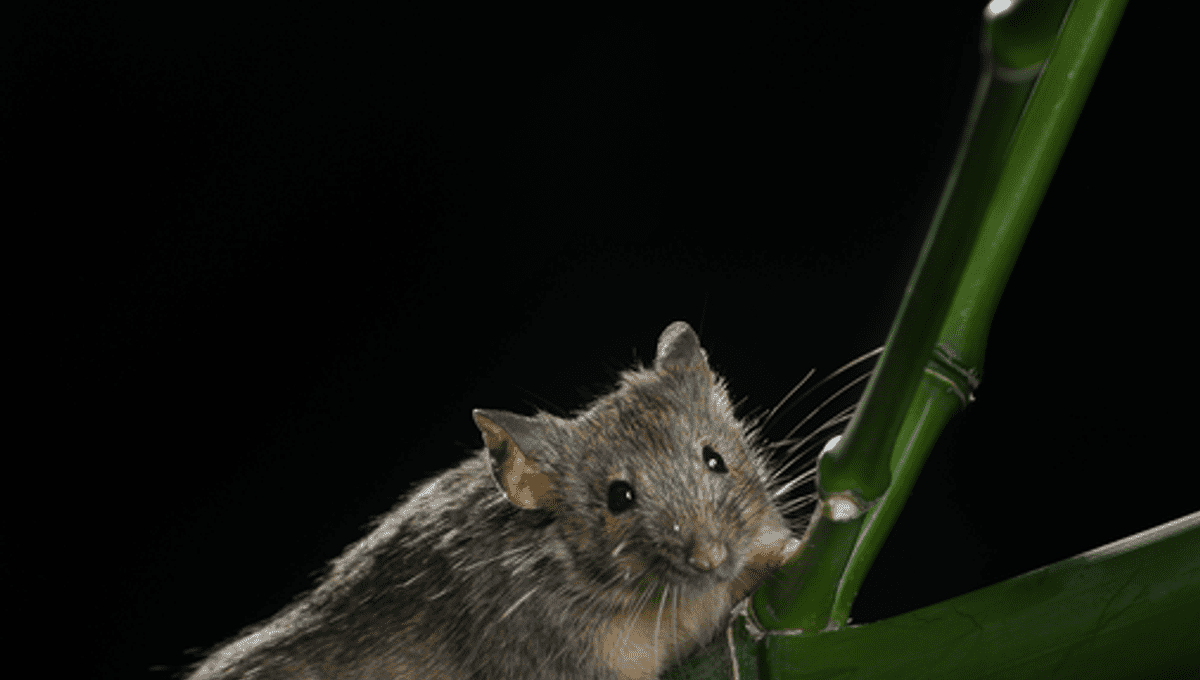
In a world first, mice with fully recombined chromosomes have been engineered by researchers. The genetically edited rodents have just 19 pairs of chromosomes – mice typically have 20 pairs – and represent the first time ever that chromosome-level engineering has been achieved in mammals.
Prior to this, the feat had only been realized in yeast. The breakthrough by researchers at the Chinese Academy of Sciences is published in the journal Science.
“For the first time in the world, we have achieved complete chromosomal rearrangement in mammals, making a new breakthrough in synthetic biology,” co-author Li Wei told Science and Technology Daily, according to the South China Morning Post.
“This research is a breakthrough in bioengineering technology, helping to understand the impact of large-scale remodelling of mammalian chromosomes, and to gain a deeper understanding of the molecular mechanisms behind growth and development, reproductive evolution, and even the creation of a species.”
Chromosomes are condensed packages of DNA and protein. Mice (and humans) usually have two copies of each chromosome, one inherited from each parent. When an egg is fertilized, these pairs of chromosomes fuse to form a new genome. When this happens, some genes can be turned on or off so that only one copy is expressed. This is called genomic imprinting.
However, this only stands for cells with two sets of chromosomes (diploid). In cells with just one set (haploid), such as unfertilized embryonic stem cells, “genomic imprinting is frequently lost, meaning the information about which genes should be active disappears,” co-first author Wang Libin said in a statement.
However, the new study has found a way around this roadblock. “We recently discovered that by deleting three imprinted regions, we could establish a stable sperm-like imprinting pattern in the cells,” Wang added, which has paved the way for the researchers to manipulate chromosome fusion.
To test it out, they fused entire arms of chromosomes that do not belong in the same pair: chromosomes four and five (medium-sized chromosomes) and chromosomes one and two (the largest two chromosomes). The fusions were done in two orientations, resulting in three different arrangements.
The edited embryos were then transferred into a surrogate womb, and ultimately yielded a total of 51 full-term pups.
Recombination of the two smaller chromosomes (four and five) was most successful, while the fusion of chromosomes one and two resulted in either no pups or pups that were slower, larger, and more anxious, depending on the orientation of chromosomes.
When the edited mice mated with un-modified animals, offspring contained the manipulated chromosomes, although breeding was less efficient than normal. This, Wang suggests, could be down to irregularities in how the chromosomes separate after they align and may demonstrate the evolutionary importance of chromosomal rearrangement.
These types of chromosomal changes take millions of years to arise in nature and can lead to the formation of new species. “Rodents have 3.2 to 3.5 rearrangements per million years, whereas primates have 1.6,” co-first author Li Zhikun explained. Engineering such rearrangements on a much shorter timescale, as the authors have here, could have a huge impact on the species involved.
“We experimentally demonstrated that the chromosomal rearrangement event is the driving force behind species evolution and important for reproductive isolation, providing a potential route for large-scale engineering of DNA in mammals,” Li concluded.
Of course, there are potential ethical considerations to bear in mind when it comes to so drastically manipulating the genomes of animals. Many would argue the potential of chromosome rearrangements to create a new species, even if just for research, comes worryingly close to “playing God”. In some countries, including China, where this research was carried out, gene editing of human embryos is prohibited by law.
Source Link: These Genetically Engineered Mice Are The First Ever Animals With Fully Rearranged Chromosomes